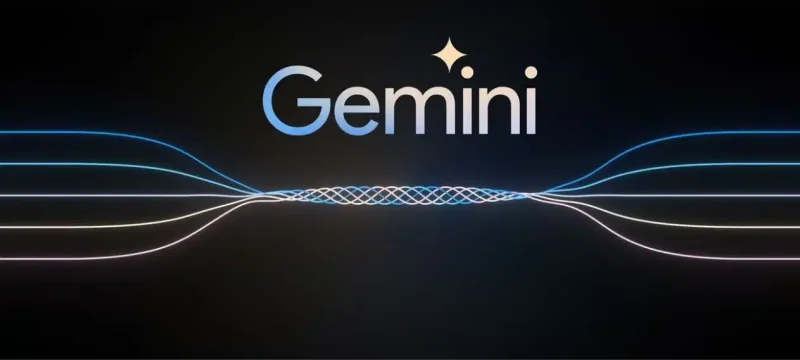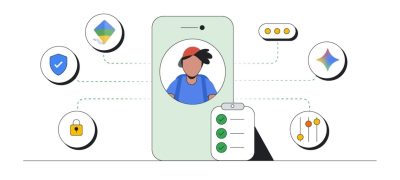Google has entered the AI search engine arena with the launch of its own AI model, Gemini, to compete with OpenAI’s ChatGPT and Microsoft’s Copilot. After rebranding its Bard chatbot to Gemini, Google recently relaunched the AI model, which has garnered mixed reviews from users.
Gemini offers both a non-paying model, Gemini Pro, and a paid model, Gemini Ultra or Advanced. Gemini Pro, a lighter version, answers all queries but lacks some advanced features. Gemini Ultra requires a Google One AI subscription, priced at $20/month, offering better reasoning, coding, and instruction-following skills, along with improved multimodal and data analysis capabilities. The AI Premium plan is integrated with Google Workspace accounts, allowing users to draft emails in Gmail, documents in Docs, presentations in Sheets, and Google Meet recordings.
Also Read: OpenAI’s “Accidental” Leak Reveals ChatGPT’s Next Major Upgrade
When faced with sensitive political queries, Gemini provided brief answers and directed users to Google for more information, particularly regarding topics like the Israel-Gaza conflict and US President Joe Biden. However, it was more forthcoming in discussing current TikTok trends, offering examples of popular trends.
While Google advises against seeking medical advice from AI models, Gemini provided actionable steps for medical conditions and mental health queries, cautioning users not to rely solely on its advice.
Gemini aims to avoid racial and gender biases, which have been criticized in previous AI models. Its task integration capabilities are impressive, efficiently planning travel itineraries and categorizing Gmail inboxes.
However, Gemini lacks unique features that differentiate it from competitors like ChatGPT. While it offers solid performance, ChatGPT currently provides more features with third-party plugins, custom instructions, and memory capabilities, all at a similar subscription price. Gemini’s full potential remains to be seen with further integrations into Google’s ecosystem.









